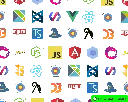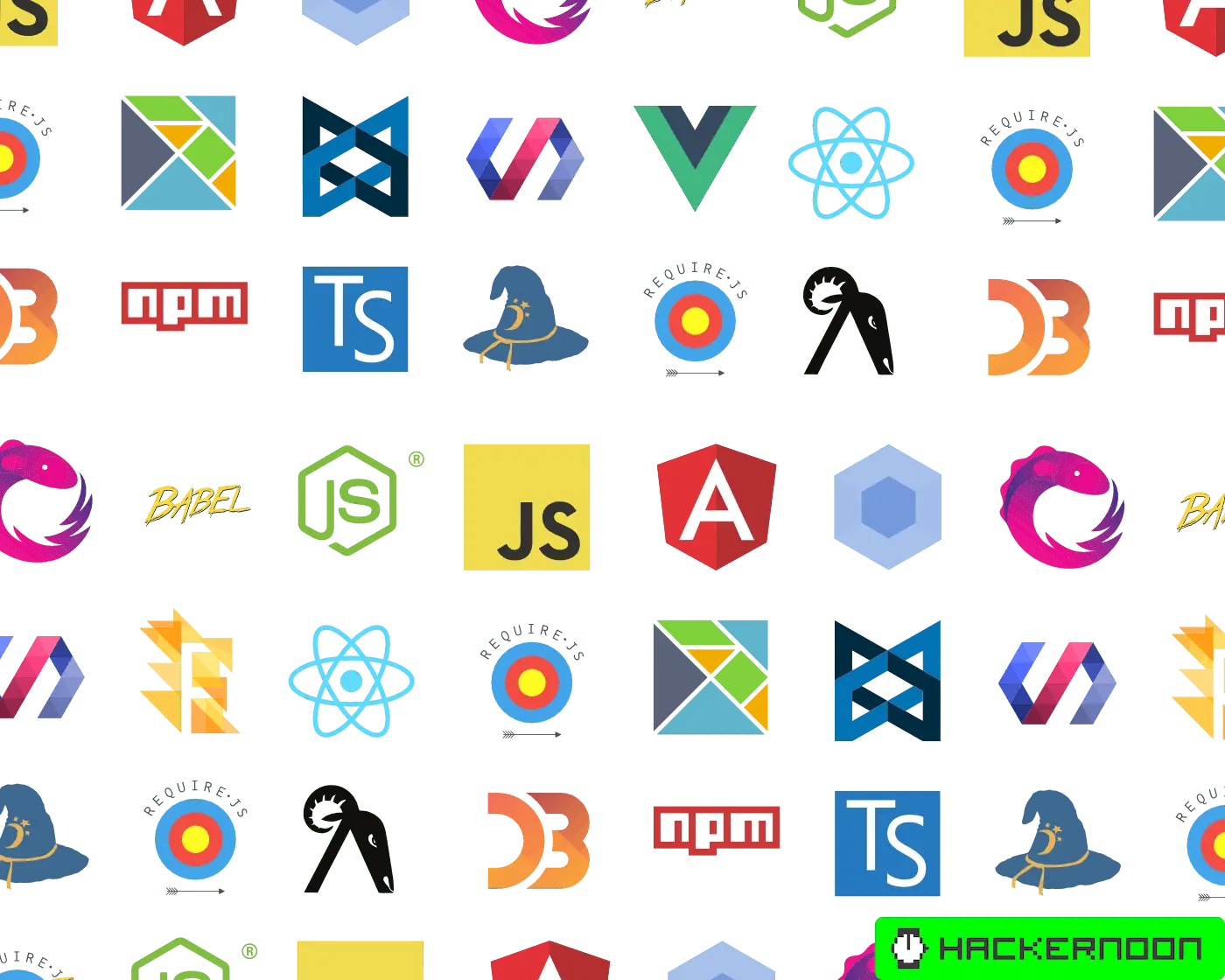How it feels to learn JS in 2016 2023
How it feels to learn JS in 2016 2023

hackernoon.com
How it feels to learn JavaScript in 2016 | HackerNoon

I learned "pure" JS back in 2013, when HTML5 was brand new, and I still don't get most of the stuff going on nowadays.